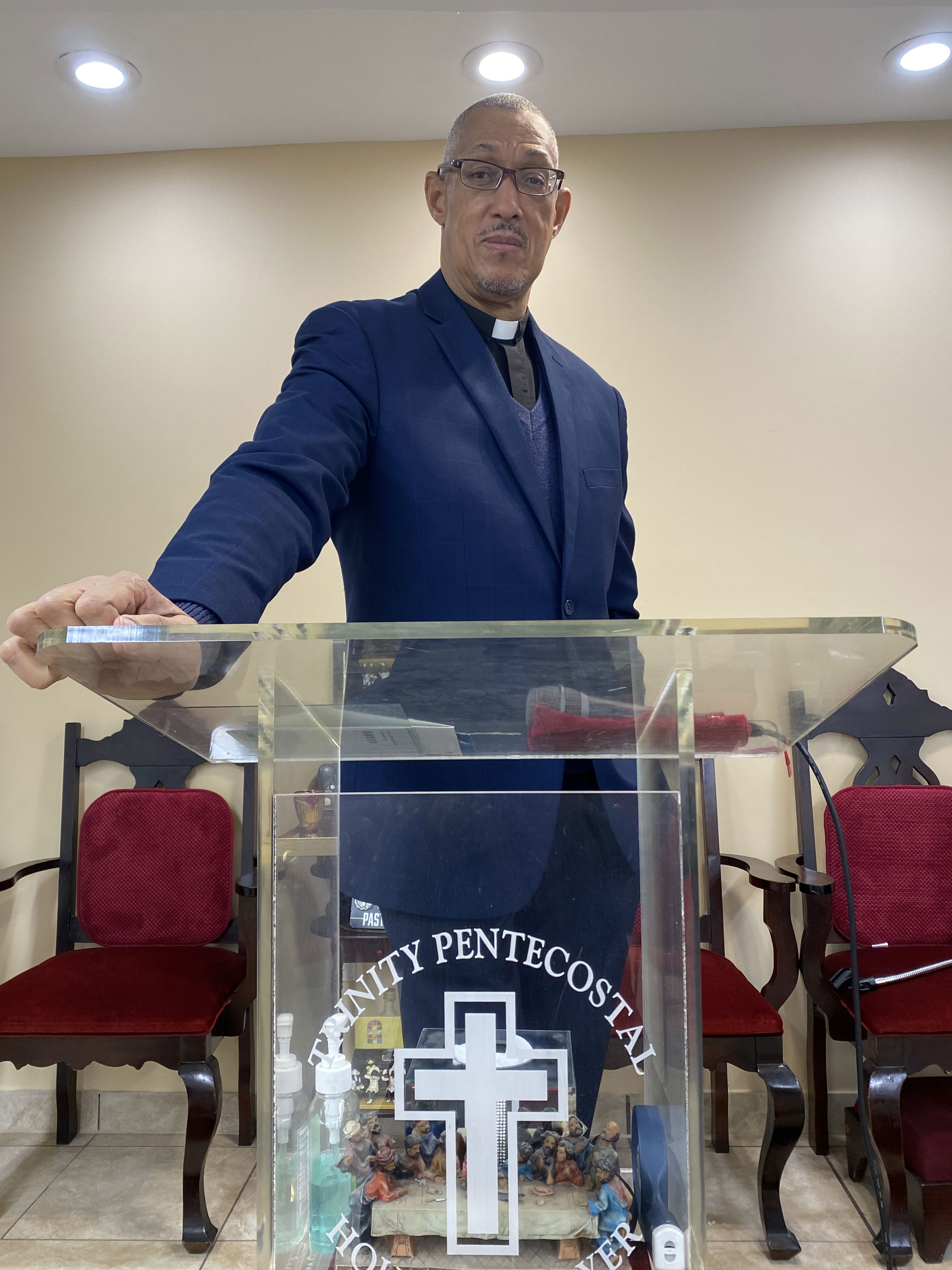SUNDAY SERMON 8-3-25
PAUL`S THORNY ISSUE

PAULS THORNY ISSUE
Paul’s Thorn in the Flesh and His Heavenly Experience In 2 Corinthians 12:7–10
The Apostle Paul speaks of a mysterious affliction he calls a “thorn in the flesh.” This tormenting burden was allowed by God to keep Paul humble, especially in light of the extraordinary revelations he had received. Though Paul never specifies what the thorn was, he describes it as a “messenger of Satan” sent to harass him—possibly a physical ailment, emotional struggle, or persistent opposition. Whatever it was, it caused real pain, frustration, and didn’t go away despite Paul pleading with God three times for relief.
Why Was the Thorn Given?
The thorn served a divine purpose: “To keep Paul from becoming conceited because of the surpassingly great revelations he received…” (2 Corinthians 12:7) Paul had experienced something so profound—being caught up into heaven itself—that God allowed this thorn to keep him grounded. It was a reminder that God’s grace is sufficient, and that His power is made perfect in our weakness.
Did Paul Actually Visit Heaven or Was It a Vision?
Paul describes this experience in 2 Corinthians 12:1–4, saying he was “caught up to the third heaven” and into Paradise, where he heard inexpressible things that no one is permitted to speak. He’s unsure whether it was a physical journey or a spiritual vision: “Whether it was in the body or out of the body I do not know—God knows.” This uncertainty shows how real and overwhelming the experience was. He knew he had been in the presence of God, but couldn’t tell if it was bodily or visionary. Brothers do you know when you are in the presence of the Lord?
What Is the Third Heaven and Paradise?
In Jewish thought, the third heaven refers to the highest realm—the very dwelling place of God, far beyond the sky and stars. When Paul speaks of being caught up to the third heaven, he’s describing an encounter with the divine that transcends earthly experience. He also mentions Paradise, echoing the words of Jesus to the thief on the cross: “Today you will be with me in Paradise.” — Luke 23:43 This wasn’t a metaphor or a dream. Paul’s experience was a real, spiritual encounter with the heavenly realm—on this side of life. Too many people today are waiting until it’s too late to consider their eternal destination. But once your life ends, your story is sealed. There’s no repentance after death. No second chances. Only what you do now—on this side of eternity—matters. Yes, your life matters to God. “For God so loved the world, that He gave His only begotten Son, that whosoever believeth in Him should not perish, but have everlasting life.” — John 3:16 So, brothers, let me ask you plainly: Is your destination Paradise?
A Humbling Encounter
In the midst of a profound revelation, Paul’s response is not pride—but humility. Rather than boasting about the extraordinary vision he received, he chooses instead to boast in his weakness. Why? Because it is in weakness that the power of Christ rests upon him. Humility is one of the greatest virtues a person can offer to the Father. Scripture tells us that God resists the proud but gives grace to the humble. In other words, God’s unmerited favor flows toward those who walk in humility. The proud, by contrast, find themselves outside the reach of that grace. Notice Paul’s example: he doesn’t elevate himself because of what he saw. Instead, he takes the low road, embracing his weakness so that Christ’s strength might be made perfect in him. Brothers, choose humility. When you walk humbly, you invite God’s power to guide your decisions and shape your path. How many times have you wished a situation in your life had turned out differently? Perhaps humility would have opened the door to a better outcome.
Conclusion
Paul was never healed of the thorn in his flesh—at least, not that we know of. Yet despite this, he became the most prolific writer of the New Testament, with 17 of the 29 books attributed to him. And this, from a man who described himself as “one born out of due season”—not among the original disciples who walked with Jesus. That’s the power of humility. That’s the reach of grace.